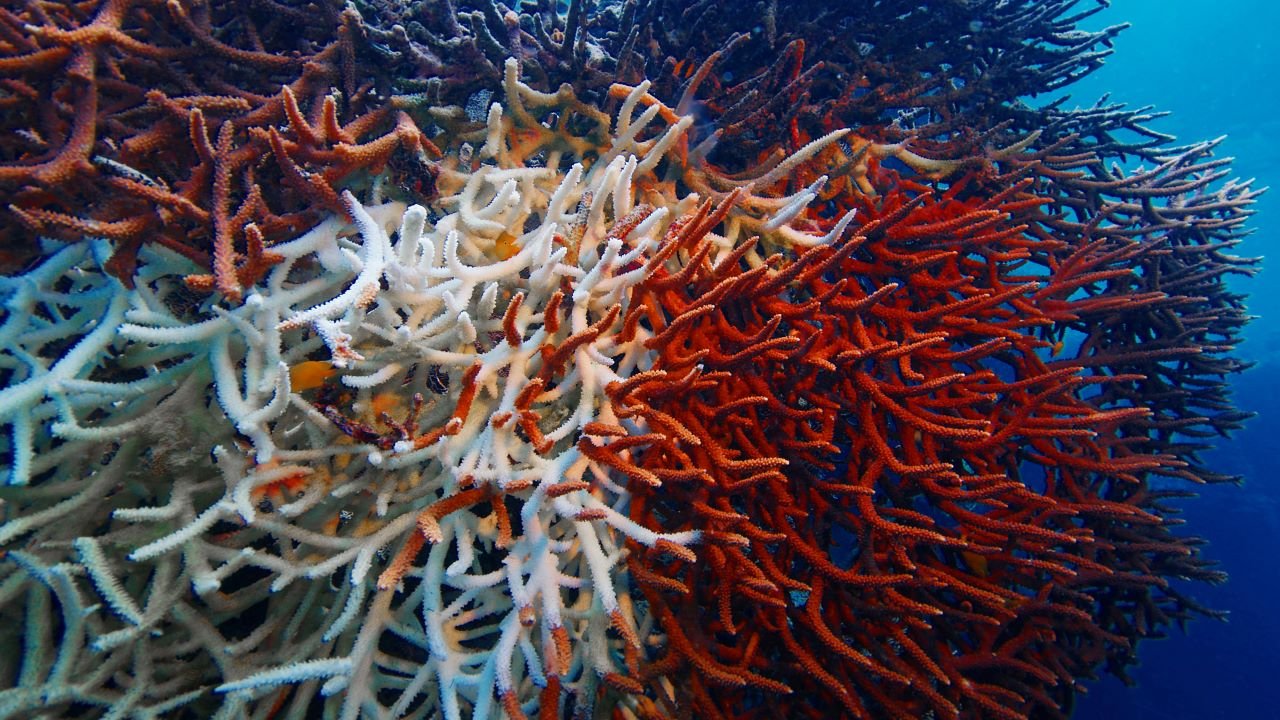The next IUCN World Conservation Congress will take place from October 9 to 15 in Abu Dhabi, United Arab Emirates, under the theme “Powering transformative conservation”. Held every four years, this global gathering will bring together nature conservation experts, leaders and decision-makers from various parts of the world to set priorities for nature conservation and drive sustainable development action.
One of the topics under discussion will be synthetic biology, a groundbreaking field with great potential to contribute to conservation efforts. Recognizing its relevance for nature conservation, the International Union for Conservation of Nature (IUCN) has been developing a relevant policy, which is currently under discussion in view of adoption at this year’s World Conservation Congress.
Scientists, policy experts, business leaders and professionals from around the globe will convene in Abu Dhabi to share their experience, innovation and latest research.
Across ecosystems, biodiversity is declining at an alarming rate. Nearly one in four species of animal and plant groups are threatened, suggesting that nearly one million species are already facing extinction. Many could disappear within decades, unless transformative action is taken.
The biodiversity crisis is being spurred by five main drivers: invasive species, changes in land and sea use, exploitation of natural resources, global heating, and pollution. These challenges are often interconnected and pose a serious threat not only to ecosystems but also to human health. For example, climate change can facilitate the establishment and spread of invasive species. In turn, invasive species can reduce ecosystems’ resilience to climate change by disrupting natural environments. Climate change can also create favorable conditions for the spread of mosquito-borne diseases such as malaria and dengue. Land use – particularly deforestation – can bring humans into closer contact with zoonotic diseases.
After decades of conservation efforts, the world stands at a critical juncture. Bold, transformative change is needed to secure a sustainable future for both nature and humanity. While existing conservation tools have delivered many successes, they are not enough to match the pace and scale of the ongoing biodiversity crisis.

On Floreana Island in the Galápagos Archipelago, a variety of native species, such as the Critically Endangered Floreana Mockingbird, are threatened by invasive species such as rats.
Synthetic biology is an innovative field with great promise for advancing nature conservation, offering new tools to address biodiversity loss and restore ecosystems. New approaches derived from synthetic biology are being explored for their potential to help complement existing conservation efforts and offer scalable, targeted and cost-effective solutions to complex challenges. Synthetic alternatives to horseshoe crab blood are for example being explored to help reduce reliance on wild horseshoe crab populations, in perilous decline due to overharvesting, in part for medical safety testing. Genetic tools could be leveraged to protect endangered species – such as critically threatened amphibians – from devastating diseases. Gene drive technologies are being investigated as a potential tool to control invasive rodent populations on islands. To reduce coral reef degradation due to climate change, scientists are also researching the possibility of modifying coral genomes to better withstand rising ocean temperatures, acidification, and pollution.

Staghorn coral (Acropora cervicornis) has been listed as Critically Endangered by the International Union for Conservation of Nature (IUCN) since 2006.
In the lead-up to this year’s World Conservation Congress, we will be highlighting a series of case studies exploring complex conservation challenges and innovative strategies that could help address them. As ecosystems face mounting pressures, the conservation toolbox must evolve. Alongside existing efforts, new approaches derived from synthetic biology tools could help power transformative conservation.
